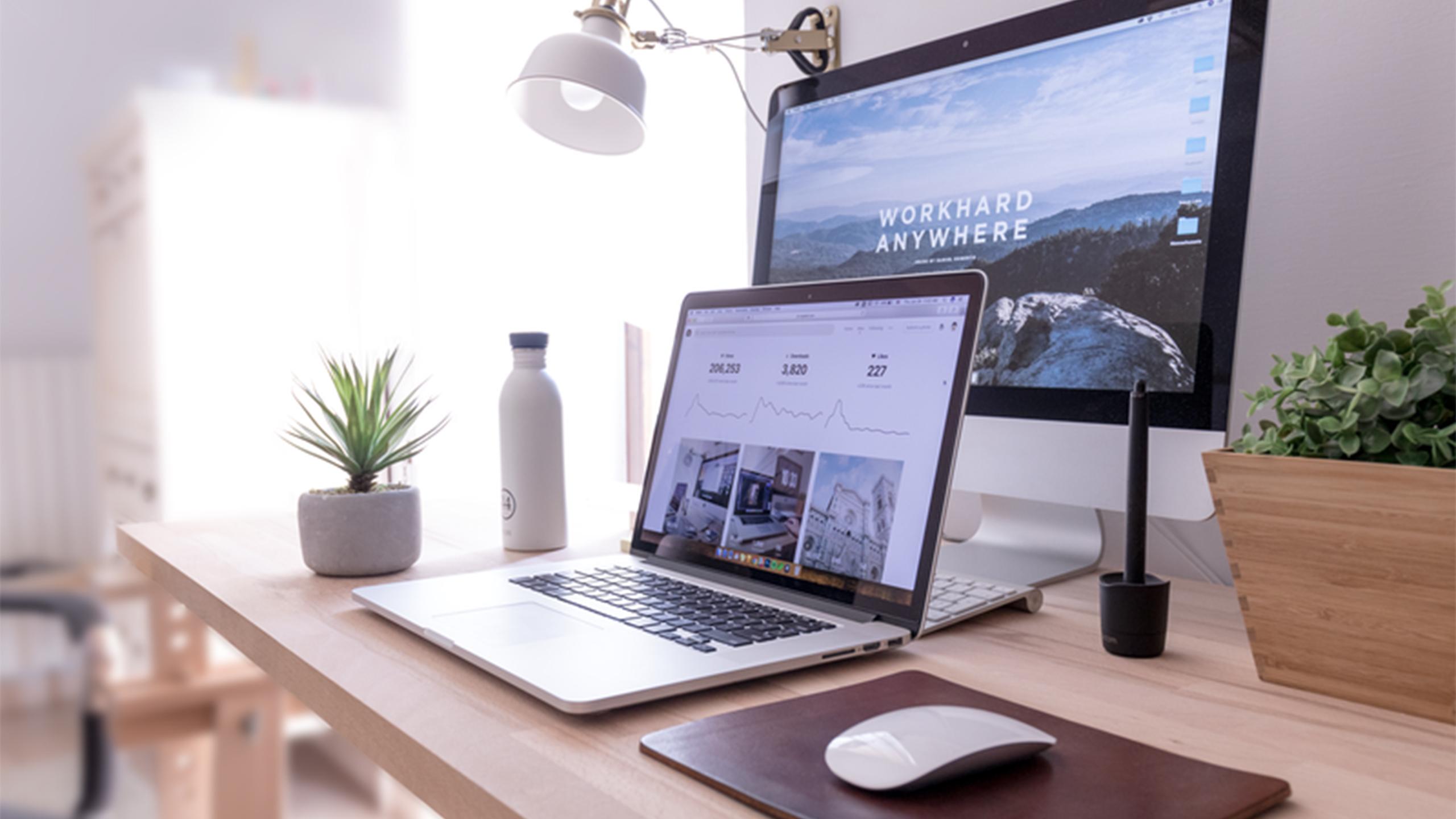By Madeline Liao
This past summer, Leila Kazeminejad decided that she didn’t want grey bedroom walls anymore, switching out the dull shade to a “garish” green colour. She wanted to cover up the holes on her walls to prepare for the upcoming year of online classes.
Kazeminejad does most of her work at her desk, and everything in her room is positioned around her study space—there’s a TV propped up next to her desk and her bed is just a step away.
Their bedroom, which once used to be a place for leisure, has turned into a multipurpose environment for school and work. “It’s space invading,” said the fourth-year English student. “You’re bringing work into a place where you’re supposed to be comfortable.”
Since the pandemic started, Ryerson students have been trying to adjust their living spaces to fit their many needs. From Zoom meetings to watching Netflix to taking lengthy exams, students find themselves using one space for every purpose. This creates an overwhelming environment where they’re unable to set a boundary between school, work and leisure time.
Kazeminejad said while it’s convenient to have everything within their reach, they find the environment to be monotonous at times. Even the green colour of her newly-painted walls gives her a headache while she is doing work.
A study conducted by the National Bureau of Economic Research, which looked at 16 cities across North America, Europe and the Middle East, found that individuals working from home have had to work longer hours to “meet obligations.”
The study adds that the line between work and personal life has become blurred during the pandemic due to greater flexibility in scheduling, making it “easy to overwork due to the lack of clear delineation between the office and home.”
To separate leisure and work, Kazeminejad said she gives herself at least a one-day break from schoolwork every week to recharge and reclaim her space for herself. On this day, she detaches herself from a week of work and takes the time to relax.
“[By] giving yourself a day where the space does not hold that work, it becomes your space again,” they said.
Some students like Simon Blizzard, who just moved into a student residence building outside of Ryerson this year, are living by themselves for the first time. The first-year mechanical engineering student said while he loves the convenience of living on his own, it means that he is responsible for every aspect of his life.
“I’m the only person who can remind myself to do my homework,” he said. Since learning has moved online, Blizzard said it’s been difficult for him to avoid distractions during his day to day life. Unlike when he was living at home, he now has to figure out how to better organize his schedule without other people such as his parents reminding him.
“[In] the back of your head [lectures are] just something you’re watching on your computer, you can go do whatever in the background,” said Blizzard. He said he tries to keep his school work and personal things in separate places to help him stay on track.
“If I was in a classroom, then I would be listening and focusing more,” said Blizzard.
He expressed difficulty with choosing between work and unrelated activities during the day, which affects his productivity.
“[By] giving yourself a day where the space does not hold that work, it becomes your space again”
Some professors suggest that productivity shouldn’t be a main priority during this time. Catherine Dowling, associate professor of the Ryerson School of Interior Design, said rather than stressing over productivity, students should prioritize comfort and flexibility.
Dowling also said students need “support so that [they] can think differently and take risks and still be creative” when it’s needed for their schoolwork. She explained that students need to adjust their space to the way they learn, whether that’s finding a private space or moving around and following the light throughout the day.
It’s a matter of students making their space work for their own personal needs, said Dowling. She added that this can mean different things for every student, and the flexibility of a personal workspace can offer that advantage.
Some students may benefit from things such as working while standing up or studying outside, and ultimately, students should “feel in control” of their own workspace, she said.
“People actually learn better when they have access to natural light,” Dowling said. She suggests sitting near a window to gain better access to natural light and give the eyes a break from screens every once in a while.
For students accustomed to the liveliness of campus, this online learning development is full of new experiences. Dowling said it’s important for students to maintain some amount of control over their space to create a sufficient working environment.
“Be good to yourself,” said Dowling. “Try different things, figure out what works best for your rhythm as a person.”













Leave a Reply